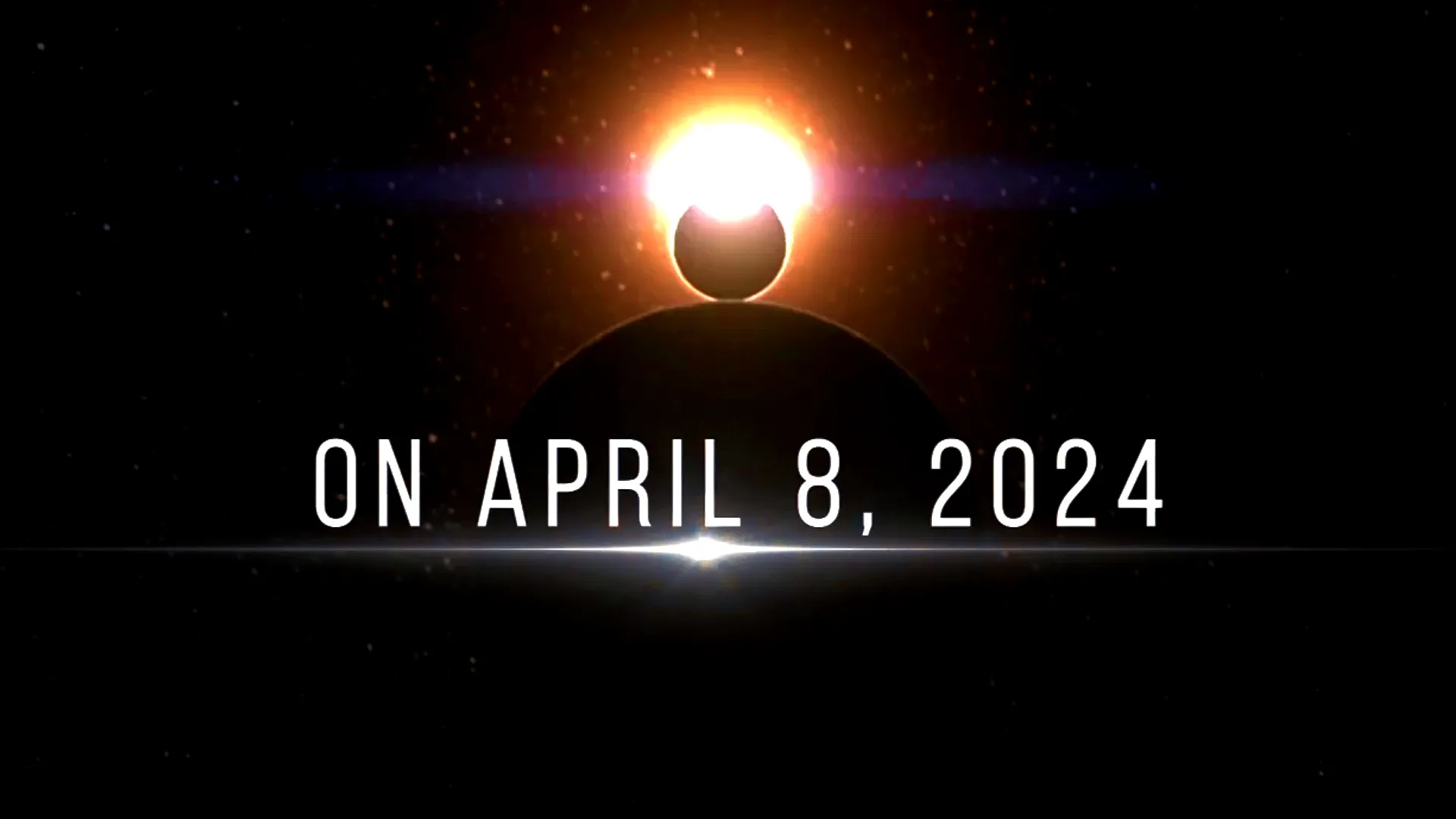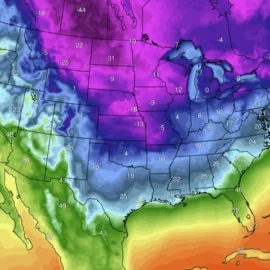
Prepare for the Celestial Spectacle: Total Solar Eclipse in the United States on April 8, 2024
Get ready to witness one of the most awe-inspiring events in the celestial calendar! On April 8, 2024, the skies over Mexico and North America will treat spectators to the mesmerizing sight of a total solar eclipse. But this breathtaking phenomenon isn't confined to just one region; it will also be visible as a partial eclipse from locations such as Hawaii, Galapagos, Central America, the Caribbean, Colombia, Portugal, Iceland, and the United Kingdom.
The total eclipse will last an impressive 4 minutes and 28 seconds, offering ample time to marvel at the Sun's corona as it is revealed in all its splendor. The eclipse's path of totality begins in Mazatlan, Mexico, then traverses northeast across the United States, from Texas to Maine, before reaching the maritime provinces of Canada. This journey covers a staggering distance, and an estimated 31 million people in the US reside within the path of totality—more than double the number from the 2017 eclipse.
Major cities within the path, including Mazatlan, Torreon, San Antonio, Austin, Dallas, Fort Worth, Indianapolis, Cleveland, Buffalo, Rochester, Syracuse, and Montreal, are preparing for an influx of visitors eager to witness this rare event. However, with the excitement comes some logistical challenges; heavy traffic and emergency declarations in certain counties along the path underscore the significance of this celestial event.
While weather conditions can add an element of uncertainty, early forecasts suggest favorable viewing conditions for cities like Dallas, San Antonio, Little Rock, and Caribou. However, areas around Chicago, Illinois, and Cincinnati, Ohio, may experience more extensive cloud cover, potentially impacting visibility.

Regardless of cloud cover, safety should always be a top priority when observing a solar eclipse. Certified welding lenses or glasses meeting the ISO 12312-2 standard are essential for protecting your eyes. Regular sunglasses are not sufficient for solar viewing, as they do not offer adequate protection. It's also crucial to refrain from looking directly at the Sun through optical devices without proper solar filters.
As anticipation builds for this extraordinary event, it's essential to plan ahead and be prepared for what promises to be the single-biggest mass travel event in the USA. So mark your calendars, secure your viewing glasses, and get ready to witness the celestial spectacle of a lifetime!
Founder and chief forecaster of the Pogodnik service. He has many years of experience in the meteorological service. He is the author of numerous scientific publications and popular articles about the weather.




